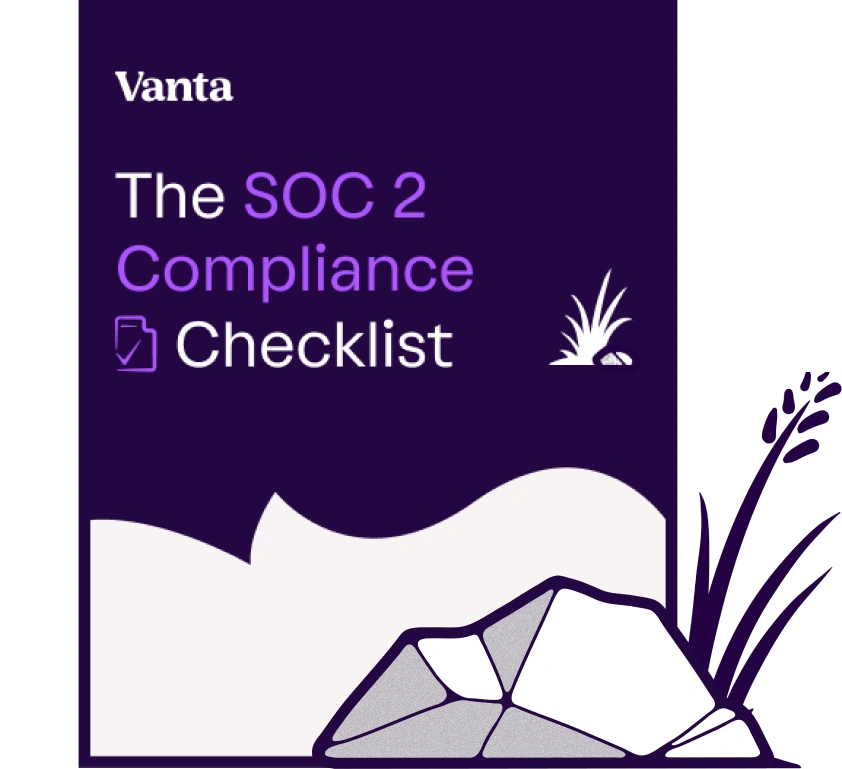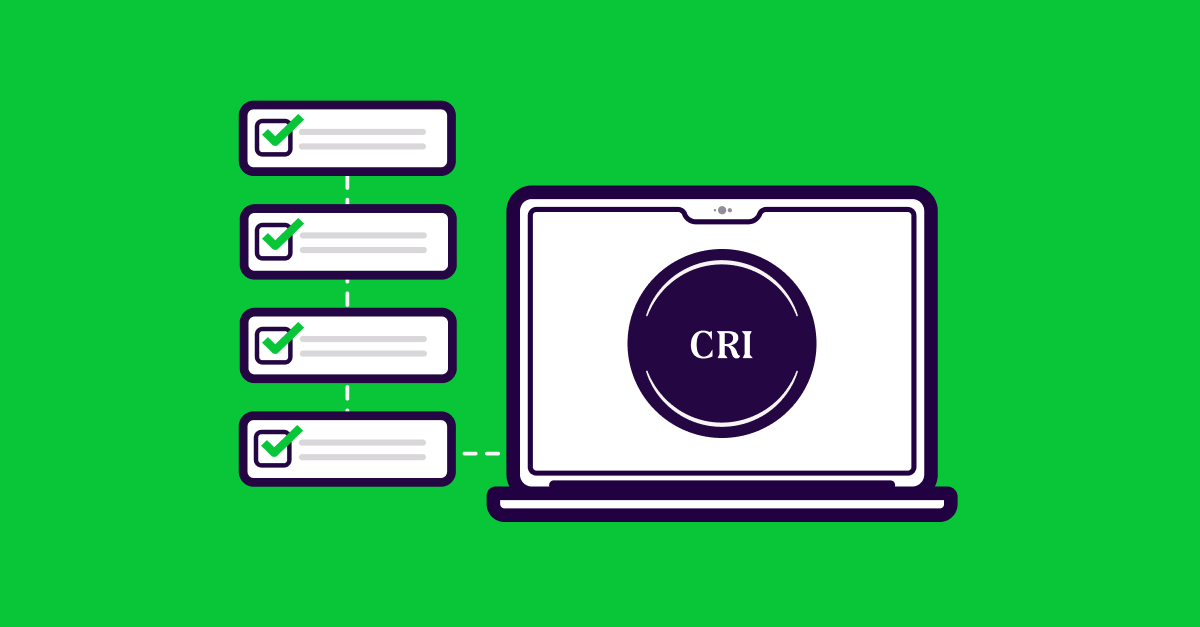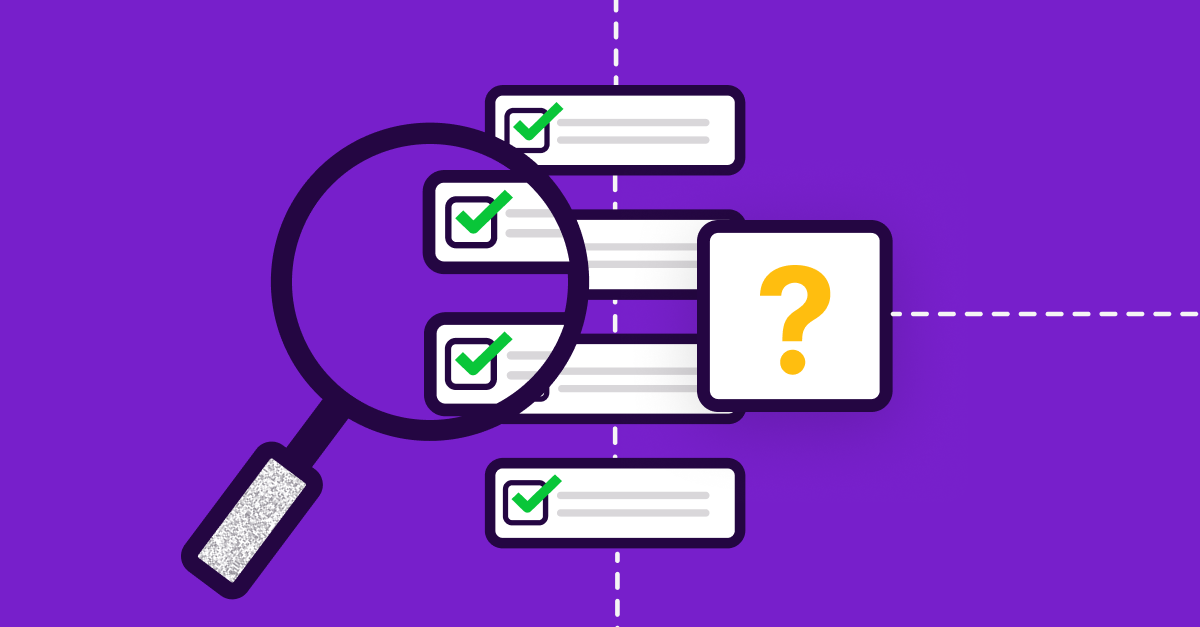Share this article

Why PCI compliance matters for SaaS startups
Accelerating security solutions for small businesses Tagore offers strategic services to small businesses. | A partnership that can scale Tagore prioritized finding a managed compliance partner with an established product, dedicated support team, and rapid release rate. | Standing out from competitors Tagore's partnership with Vanta enhances its strategic focus and deepens client value, creating differentiation in a competitive market. |
For companies innovating in fintech or big data solutions, it is certainly an interesting time to be alive. Many novel use cases in lending, payments, user analytics, and customer interaction have been enabled by open architecture, cheap and accessible artificial intelligence, and the widespread adoption of cloud-based data storage and analysis.
The startups building these new services and platforms are creating real value with their innovative solutions, but can sometimes overlook the security and compliance implications their products may pose to a prospective customer, thus impacting their own sales potential.
One of the biggest struggles for a fast-growing startup is in developing an appropriate security and compliance model, while simultaneously being able to quickly demonstrate their security to investors and customers.
PCI for big data and fintech
One of the most common requests that big data and fintech companies receive from outside parties is proof of their Payment Card Industry Data Security Standard (PCI DSS) compliance status. The lack of an appropriate response can be a deal breaker with prospects that have requirements to only engage with PCI compliant providers, and the wrong answer (“we’re working on this”) will almost always cause friction and awkward conversations. We’re also seeing PCI compliance as a prerequisite for substantial funding rounds for companies handling sensitive cardholder data, making PCI compliance something big data and fintech startups need to pay attention to.
Just as important, the Data Security Standard is a comprehensive, well-established baseline for building a secure and sustainable security and compliance program. The controls required to secure systems and data in accordance with the DSS can be translated to other industry standards, making it much easier to meet other goals (such as SOC 2 and ISO 27001 certification) down the road.
How to get PCI compliant quickly
The good news is that PCI DSS compliance is not as daunting as it used to be for companies using automated compliance platforms like Vanta. Our cloud-based, continuous monitoring approach can help fast moving, resource-strapped startups meet complicated standards faster and cheaper than ever, while providing step-by-step guidance to demystify complicated technical and administrative processes. Having real-time insight into your company’s security and compliance status will not only help you sleep better at night, it can be the difference between closing a deal or losing it to your PCI compliant competition.
PCI compliance is not just another requirement to check off, it is a business enabler and sales differentiator for any company that interacts with payment card data or provides services to companies that do. A plan to address customer data security should be high on the list of priorities for fintech and big data startups to minimize technical and business risk – but also to help nip awkward sales conversations in the bud.
Learn more about PCI:
Automate your PCI DSS compliance
Determine your PCI compliance level





FEATURED VANTA RESOURCE
The ultimate guide to scaling your compliance program
Learn how to scale, manage, and optimize alongside your business goals.
















.png)
.png)




.png)


.png)
.png)
.png)
.svg)
.svg)


